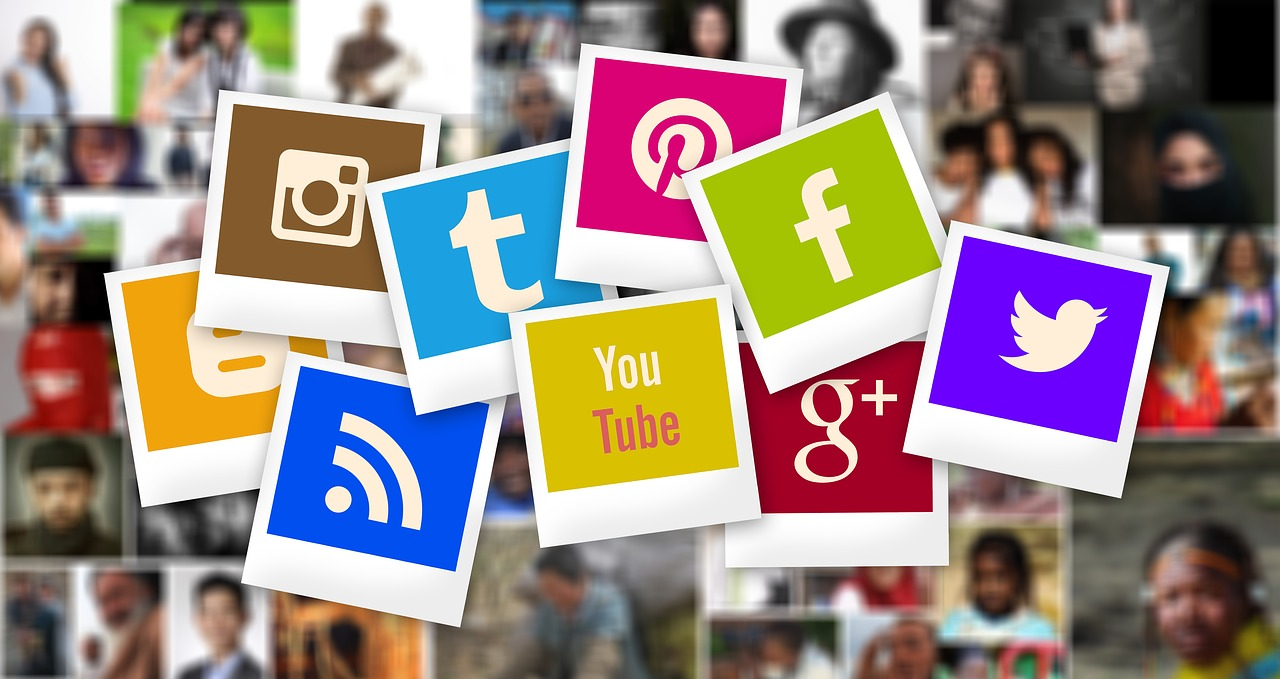The most obvious effect that social media has on public opinion is increased speed, both in the rate that people receive information to inform their opinions as well as in the rate that people share their opinions to the public. It has never been easier to share opinions to large audiences, so what is the result?
 |
| From Kendall Campbell |
First off, being online has provided people a sense of anonymity that they did not have before. Because of this, people are more likely to say things they would not otherwise. They will likely put less thought into their words before they say them as well. As a result, more and more extreme opinions surface on the internet. People will start to see people sharing opinions that they themselves share, but previously refrained from expressing openly. Now that they see this opinion publicly more often, they feel comfortable publicly expressing this opinion themselves. This leads to radicalization in opinions, and is especially noticeable in politics.
Due to the radicalization of opinions these days, it is rare to see a civil discussion about politics. Politics feels more like a war that one party will win over the other rather than a way for the people of a nation to decide the best form of government. Politicians are forced to follow suit in order to appease their supporters. Any political debate in the last decade clearly showcases this. Before social media, those interested in politics would need to spend more time informing their opinions before they could take a solid stance. Now, most people form their opinions based on whatever they see on their social media feed, whether it is fact or just people posting things simply because they can.
 |
| From Boston University |
Once an opinion is formed through social media, it can be incredibly difficult to change it. The algorithms that control our social media feeds are designed to feed us what we want to see based on things we have liked in the past. Therefore, your social media will continue to show you content that reinforces those opinions that you formed and filter out everything else. This further skews your perception in favor of your already established beliefs and opinions. It is almost impossible to see the perspective from both sides because you are only shown one side a majority of the time. When you do see the other side, our first instinct is to oppose it because it has become foreign to us. This can make communication difficult and potentially hostile.
 |
| From Outrage |
On the other hand, strong opinions formed online does have the benefit of connecting us to people who share our opinions, making it easier to form relationships online. Social media can also be used for activism. It allows people to use similar tactics to actual rallies and protests, such as catchy phrases and powerful messages, without leaving the comfort of your own home. Examples include the #BLM movement and the #Metoo movement. Through such movements online, people can advocate for their beliefs in a way that cannot be ignored without the threat of violence from rioters, police, or the government. In that sense, social media can be a great platform for peaceful protests. There will still be disagreements and hostile replies, of course, but without the threat of actual injury.
As one final note, it is too easy to spread misinformation online. It is up to us to exercise caution when reading information before we use it to form our opinions. I also think that companies who run social media sites should put more effort into stopping the spread of misinformation.



No comments:
Post a Comment